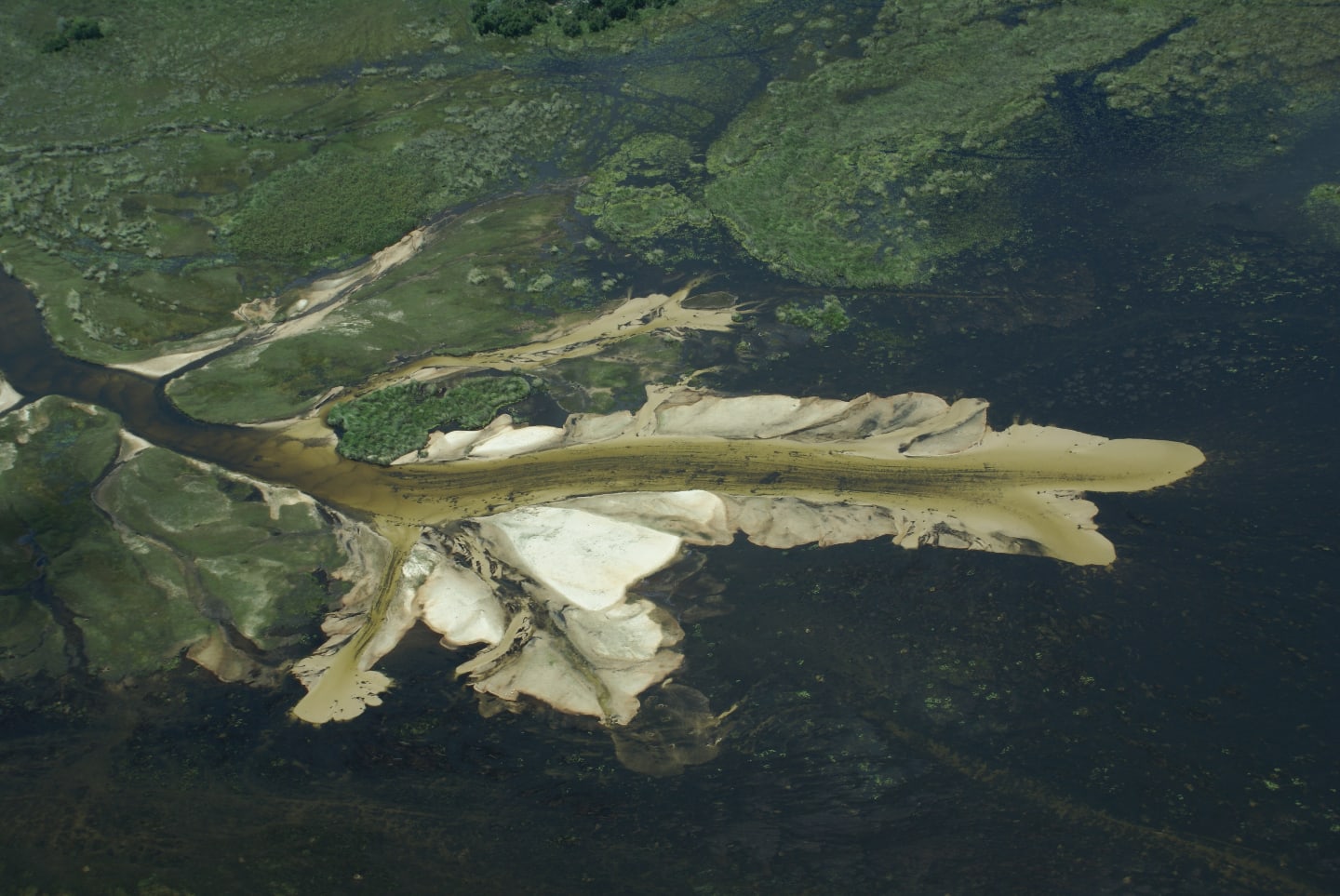
Save the Okavango Delta
Help save one of the world’s most pristine areas of wildlife
This article was written by the NooWorld Editorial Team. To submit an article for publication, please write editor@noo.world
It’s ecocide, genocide, and neocolonialism, and we won’t stand for it.
Canadian oil and gas company ReconAfrica has begun drilling upstream from one of the world’s most pristine areas of wildlife, the Okavango Delta.
The Delta has been called the wildest place on earth. It’s home to some of the world’s most endangered species, including lions, cheetahs, and white and black rhinoceros, as well as Africa’s largest remaining elephant population. It’s a Unesco-protected site of Outstanding Universal Value, one of the most biodiverse regions in all of Africa, and the main source of water for a million people—and now, it’s at risk from oil and gas drilling.
ReconAfrica is digging test wells along the Okavango River, 160 miles upstream from the Okavango Delta, in hopes of finding fossil fuels. And not just any fossil fuels: the company projects that the site might hold the largest oil field in history, with an estimated 120 billion barrels of oil. And it gets worse: they hold licenses to explore more than 13,000 square miles in the region. If the exploration is successful, the watershed leading to the pristine, globally treasured wetlands of the Okavango Delta could soon be home to dirty fossil-fuel extraction operations.
Organizers on the ground are staging a courageous grassroots rebellion against the project, with growing support from the international coalition of activists. Now’s the time to join the coalition, stand up, and support them. Here’s why:
What’s at stake:
- Climate stability: the projected Okavango reserves are so huge they would provide more than three years of the entire globe’s current annual oil usage.
- Wildlife, including endangered species: the region supports many rare and endangered species, including an elephant corridor. Elephants are known for their sensitivity to seismic activity—and seismic testing will be a necessary part of the project.
- Biodiversity: the Okavango Delta is an oasis of biodiversity with no outlet, so toxic chemicals released into it could remain as permanent pollutants.
- Global justice: drilling the Okavango is neocolonialism at its worst. This kind of exploitation of poor nations by wealthy ones is only possible because for centuries, European nations exploited and deliberately underdeveloped African colonies, leaving them vulnerable to further exploitation.
- Human habitat and livelihoods: there are more than 600 working farms on the land licensed to ReconAfrica, which stand to have their stability and water supply polluted—and according to the UN, Namibia is already facing dire food insecurity.
HOW TO TAKE ACTION: FROM HOME
CREATE PRESSURE
Add your name to Rainforest Rescue’s petition to the leaders of Namibia and Botswana to keep the oil industry out of the Okavango.
Raise awareness by tweeting your support using the hashtags #SavetheOkavangoDelta and #StopReconAfrica
DIVEST AND DEFUND
If we want to stop fossil fuel companies’ murderous and unjust tactics, we need to cut off their funding. Stop the Money Pipeline, a coalition of more than 130 organizations, is doing amazing work to hold the financial sector accountable for their fossil-fuel investments. Get involved in targeted actions and divest your own money using their Move Your Money toolkit.
EDUCATE YOURSELF
The Okavango drilling must be stopped—but we can’t end there. The injustices and global economic inequality that leave poor nations vulnerable to exploitation must be addressed if we want to avoid future projects just like this one. We need nothing short of a major transfer of wealth from the global North to the global South.
You can educate yourself by watching extinction Rebellion's Disaster Capitalism: Okavango Delta SOS, then supporting Extinction Rebellion Internationalist Solidarity Network and using their resources to educate yourself on the need for international solidarity.
Meanwhile, follow Frack Free Namibia and Botswana and Kavango Alive for updates on the situation.
TAKE ACTION: ON THE FRONTLINES
Join Fridays for Future Namibia, headquartered in Windhoek, for on-the-ground protests and campaigning.